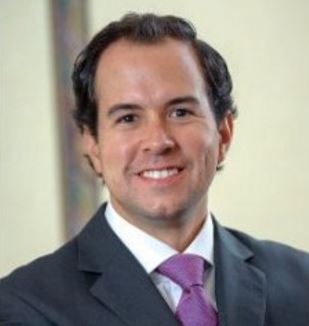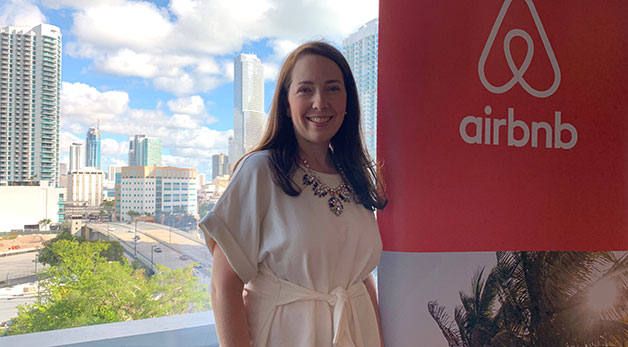![]()
(L to R: Mark Zelek, Morgan Lewis Labor and Employment partner; Dean Patricia White, University of Miami School of Law; Salvador Juncadella, International Consultant for Morgan Lewis; Carmen Perez-Llorca, University of Miami School of Law, Director, International Graduate Law Programs)
The International In-House Counsel Group, formerly known as the South Florida Group of Regional Counsel, recently made a $15,000 donation to Miami Law. Chaired by Morgan Lewis international consultant Salvador Juncadella, the IICG is an organization of in-house lawyers for over 250 multinational corporations with operations in Latin America and the Caribbean.
During a reception hosted by the Miami office of Morgan Lewis, Juncadella and Miami Labor and Employment partner Mark Zelek presented the gift to Dean Patricia White, which will benefit the Rafael Benitez Scholarship Fund. The Benitez Scholarship provides assistance to foreign lawyers pursuing their international and foreign LL.M. degrees at Miami Law.
The reception and donation were made possible through proceeds from an IICG seminar hosted in November by Morgan Lewis, Miami Law, and the IICG. More than 60 individuals attended the reception from companies including Accor North America, Banco Santander, Bank of America, Caterpillar, Daily Business Review, Marsh, Starwood Hotels & Resorts, Sunbeam Products, Univision, and Yahoo!.
“We are extremely grateful to the International In-House Counsel Group, to Morgan Lewis and to Salvador Juncadella for this gift to the Benitez Scholarship Fund,” said Carmen Perez-Llorca, director of the International Graduate Law Programs. “This donation will help highly qualified international candidates pursue their dream of getting a graduate degree at Miami Law. Every year Miami Law’s graduate programs enroll around 50 students coming from more than 25 different countries, and donations like the one we received help us attract lawyers from all over the world to join Miami’s thriving global legal community.”
Established by family and friends of the late Professor Rafael C. Benitez, this scholarship commemorates his vision for global education and his deep commitment to the education of foreign law students. At Miami Law, Professor Benitez founded the Comparative Law LL.M. program, the Inter-American Law LL.M. program, and the Lawyer of the Americas (now known as the Inter-American Law Review).
Current recipients of the scholarship are two Brazilian lawyers, Aline Gomes-Nogueira and Julia Oliveira, both pursuing an International Law LL.M. degree. Gomes-Nogueira is a corporate lawyer who has worked for Philip Morris and Bematech in Brazil. Oliveira served as a partner in the law firm of Torreao Braz Advogados in Brazil.

















